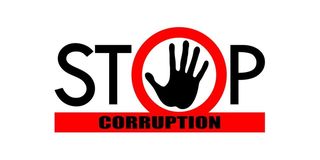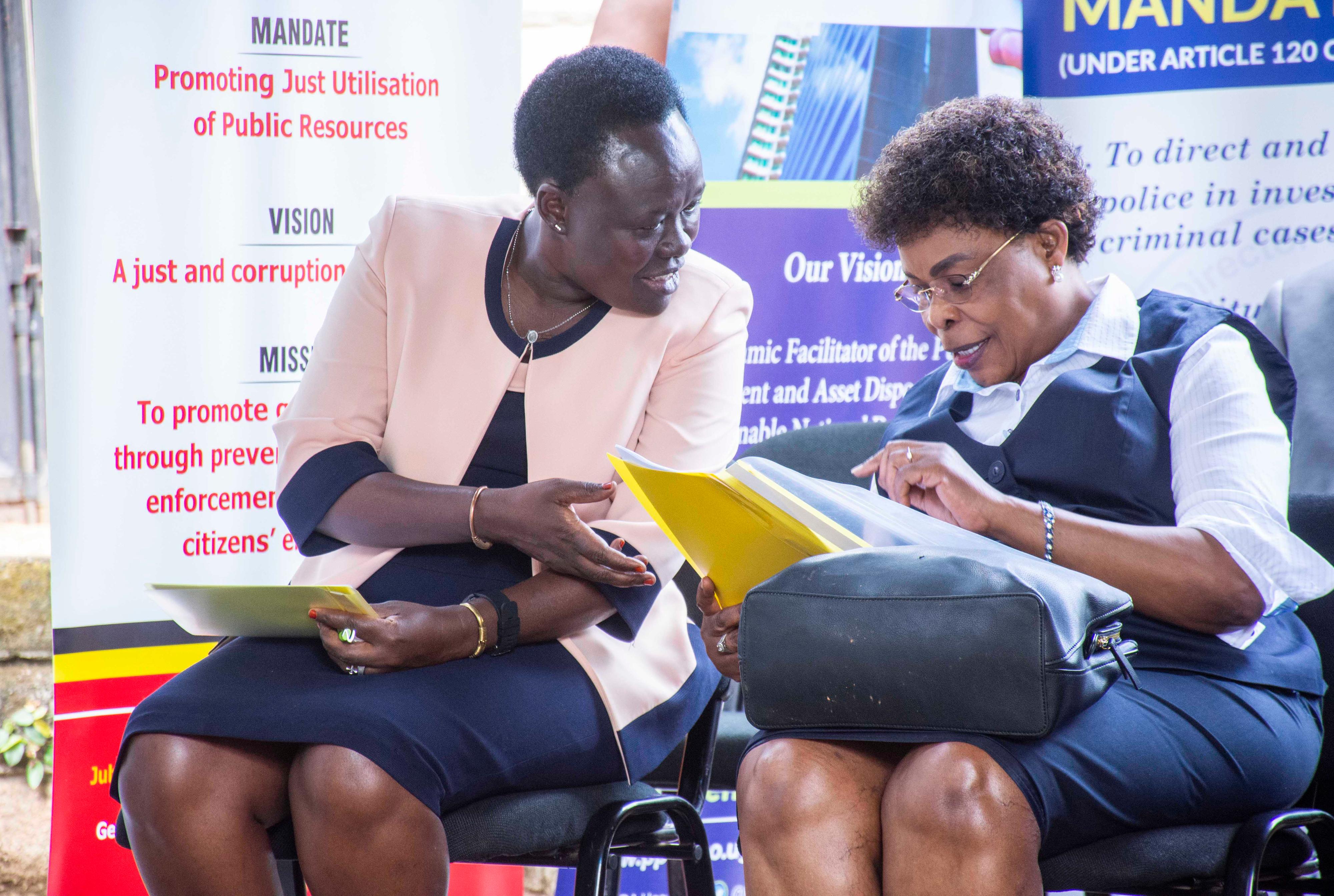Kudos on recovery of stolen funds but what next?

What you need to know:
- The issue: Corruption
- Our view: The concerned agencies need to consider revisiting the laws on corruption with a view to amendments that make it scarier for anyone to steal public funds. .
A man convicted of stealing Shs700m was fined Shs800,000. The news was one of the most trending items on social media for what many saw as “mockery of justice.” Basically, an official guilty of stealing public computer can be sentenced to buy a pencil as a fine and all is supposed to look well.
As many citizens stared with mouth wide open at such kind of justice, news came in that three government agencies combined had recovered Shs240b from thieving officials and returned it into the public coffers.
The “bumper harvest” covers the last three years and was the grand efforts of the Auditor General (AG), State House Anti-Corruption Unit (SHACU) and the Inspector General of Government (IGG). SHACU recovered Shs35.5b, while the IGG investigated 26 high-profile corruption cases and recovered Shs30b.
It is commendable that anti-graft agencies have been making deliberate efforts to recover pilfered public funds and that such huge sums could be returned into the public coffers. This is encouraging enough if more can be recovered considering that the amount lost annually to graft is several times bigger than what has been recovered in three years by three agencies.
With concerted efforts that encompass all agencies, there will be more gains and funds returned into the public coffers or channelled into more meaningful use after recovery.
However, recovering a few billion shillings from inflated Covid-19 relief food prices, or claims in the name of Bukasa Inland Port project is hardly enough parameter to indicate a positive outlook in the fight against corruption. Many a taxpayer would have loved to hear about what happened to the culprits involved in the pilfering of the recovered funds.
When a convicted official is asked to return only 12 per cent of their loot, it can hardly be considered a measure of recovery in the grand scheme of fighting to end graft. Without dog collars of the culprits attached, the public is wont to worry that the recovered Shs240b itself would end up back into the hands of the same culprits.
The concerned agencies need to consider revisiting the laws on corruption with a view to amendments that make it scarier for anyone to steal public funds. Instead of asking a convicted felon to return a measly Shs800,000 after stealing billions of shillings, the punishment should be at least 10 times more.
As it stands, corruption is so lucrative that those who steal can simply use bits of their loot to pay the measly figures courts will slap on them.




